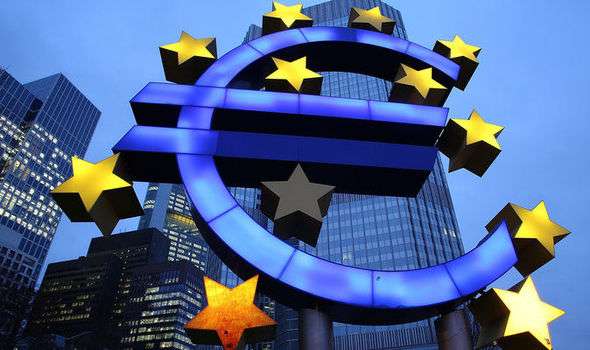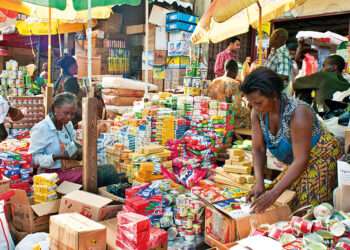Ghana has benefited immensely from the €120 million European Union (EU) investment to boost the competitiveness of exports on the international market from Ghana and the other West African countries.
Meanwhile, in Ghana, the EU invested heavily in the county to improve the competitiveness Ghanaian exports on the global value chain. A total of over GH¢100 million has been injected into three main value chains, namely cassava, mango and pineapple, and cosmetics and personal care products.
In the last three and half years, the EU’s investment was aimed towards the West Africa Competitiveness Programme (WACOMP), a partnership initiative between ECOWAS and the EU. The programme seeks to strengthen the competitiveness of West African products and to enhance the integration of ECOWAS countries into the regional and international trading system, including the African Continental Free Trade Area (AfCFTA). The programme, which was launched in 2019 for a duration of four years, will end in January 2024.
The Team Lead in charge of Trade and Microeconomics of the EU Delegation in Ghana, Timothy Dolan, who made this known at the WACOMP Ghana International Cluster Conference in Accra, stated that the programme adopted under the 11th European Development Fund (EDF) through its regional integration programme for an amount of €120 million, covers 16 countries.
Mr Dolan noted that the project is being implemented under UNIDO’s (United Nations Industrial Development Organisation) five Cs of competitiveness, namely compete, connect, conform, coordinate and credit, through the West Africa Competitiveness Programme.
UNIDO Officer Praises Joint Implementation Efforts of Government
The Officer in charge of Ghana and Liberia at UNIDO, Stavros Papastavrou, praised the joint implementation effort of the government, EU and UNIDO.
“What WACOMP-Ghana has done is to prove that small and medium enterprises (SMEs) do not need much to contribute to the economic growth of West Africa. SMEs need fair markets, fair trade and access to finance on fair conditions to grow and become competitive. I am particularly happy for the Ghanaian government and the EU for successfully implementing the UNIDO Cluster Development Methodology in the cassava, cosmetics and tropical fruits value chains.”
Stavros Papastavrou
The Chief Director of the Ministry of Trade and Industry, Yaw Nimo, representing the sector minister, on his part, averred that the government has prioritized key sectors, reflecting the country’s commitment to restoring the economy on an irreversible growth path through transformative agriculture, trade and industry.
The Chief Director of the Ministry of Trade and Industry commended UNIDO and the EU for the quality delivery and coordination they have demonstrated over the years working with the government to promote cluster development, industrial competitiveness and economic integration.
Yaw Nimo underlined the cooperation with the ministry and the support to the government’s “10-Point Industrial Transformational Agenda”.
Meanwhile, the European Union has been the backbone of Africa’s immense transformational agenda. In the beginning of the year, the EU allocated €181.5 million for humanitarian aid in West and Central Africa, as the region continues to face protracted crises driven by conflict and worsened by other factors such as climate change and the global spike in food prices.
In addition, the ECOWAS has already requested an extra allocation of €32 million from the EU Solidarity and Emergency Aid Reserve, which can be called upon to respond to major crisis. If approved, €25 million would be destined to countries within the ECOWAS bloc.
READ ALSO: Market Winning Streak Pauses As Local Bourse’s Two-Day Rally Takes a Timeout





















